
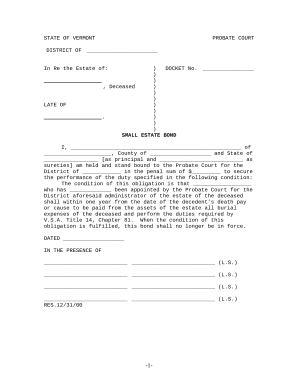
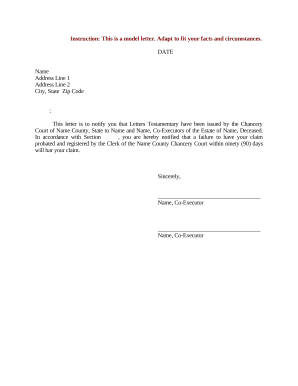
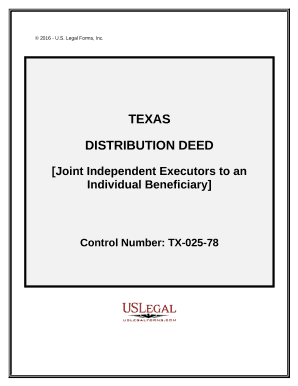
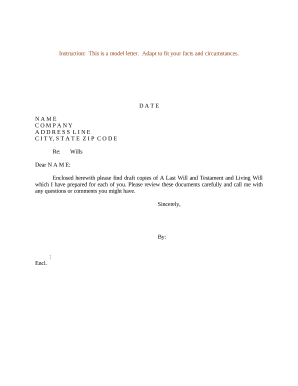
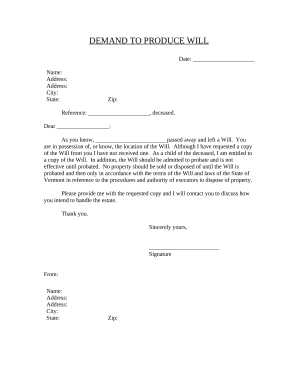
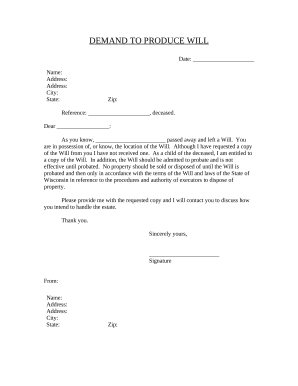

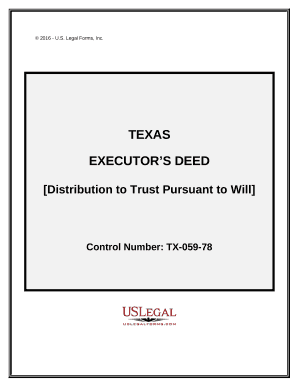
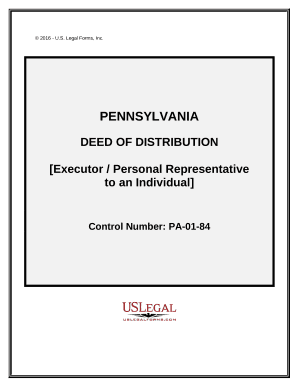

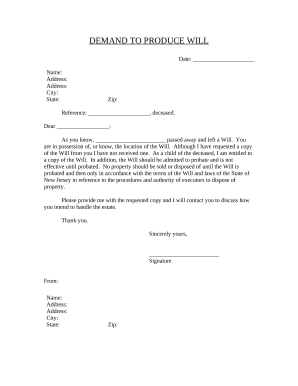
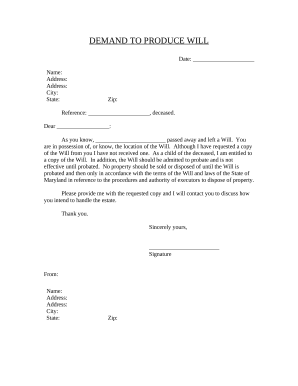
Your workflows always benefit when you can easily obtain all the forms and files you may need at your fingertips. DocHub supplies a vast array of documents to relieve your day-to-day pains. Get a hold of Executor Documents category and quickly browse for your document.
Start working with Executor Documents in several clicks:
Enjoy easy record managing with DocHub. Check out our Executor Documents online library and look for your form right now!